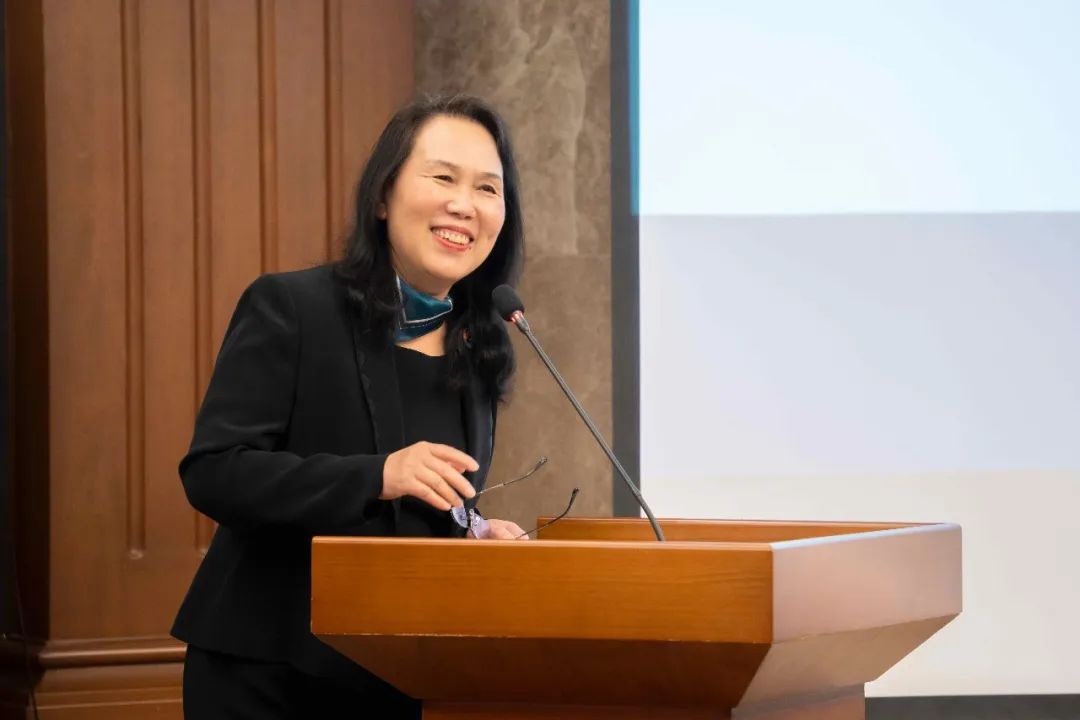When Philosophy Meets Artificial Intelligence (II)--Aristotle Talks About AI Ethics
When Philosophy Meets Artificial Intelligence (II)--Aristotle Talks About AI Ethics
Aristotle has traveled across the ages to discuss the philosophical significance of modern technology. Host: Mr. Aristotle, I heard that you are studying artificial intelligence ethics recently. Can you use your philosophical wisdom to clear the fog for us?
Aristotle has traveled across the ages to discuss the philosophical significance of modern technology.
Host: Mr. Aristotle, I heard that you are studying artificial intelligence ethics recently. Can you use your philosophical wisdom to clear the fog for us?
Aristotle: (Suddenly stopped, the cane was slamming, and the spark of thinking flashed in your eyes) Young man, when you are looking for justice in the algorithm, have you ever thought-- (bearing close to the camera, lowering your voice) Is this just a new god fed with human prejudice?
1. The trap of algorithmic justice
(Hold up straight and draw an "S"-shaped trajectory in the air with your cane) I said in "Rhetoric": "Justice is born from equality." But in the training data of modern AI, how many forgotten prejudices are hidden (suddenly sneering)?
1. The original sin of data colonization
(Rise your right hand, palm up) Imagine using Athenian citizens' behavioral data to train Peloponnese's AI—(the fingers suddenly gather into a fist) must have been that Spartan's bravery was misjudged as violent.
2. The arrogance of the decision-making black box
(Suddenly hitting the ground with a cane three times) When the AI sentenced the criminal in court, the judge only had to press the confirmation button, (angry flashed in his eyes) This was throwing "Nicomaco Ethics" into the furnace!
3. The absurdity of emotional calculation
(Suddenly showing a look of compassion) Do you actually want to use 0 and 1 to quantify human suffering? (Finger caresses your heart) is like weighing love with a balance and measuring sadness with a ruler.
2. The maze of responsibility
(Suddenly, we are walking around the podium quickly, and the robe rolls up a whirlwind of wisdom) Let us use the syllogism of logic to disassemble this paradox:
1. Big premise: AI is a human tool
2. Small premise: Tools do not assume moral responsibility
3. Conclusion: (Suddenly stopped in front of the camera, with a torch) So why do anyone want the algorithm to bear the original sin for humans?
(Take out the parchment roll from the lectern drawer, rustling when it is unfolded) Look at the construction log of the Acropolis of Athens - (the fingertips pass yellowed words) Every craftsman carves his name on the stone pillar because they know: (suddenly raise the tone) The glory and responsibility of the skill will always belong to the creator!
3. Antidote to technical carnival
(Suddenly taking out an olive branch from the sleeve and gently put it on the podium) Young people, the real wisdom is not to let AI imitate humans, but to let humans return to their true nature.
1. The return of practical wisdom
(Breaking the olive branch into two sections) Doctors will not hand over the diagnostic power to the AI, just as the captain will not let the compass decide the course - (lifting one of the sections to point to the sky) Practical wisdom will always grow in the soil of specific situations.
2. Awakening of Tragic Consciousness
(Suddenly smashed the pot with a cane, and the pieces splashed) This is the price of the technical carnival! When you cheer for AI to break through the Go penalty area, (bending over to pick up a piece of fragments) you can hear the prophecy of the Temple of Delphi: "Excessive wisdom will eventually backfire."
3. Reconstruction of Middle Way Ethics
(Suddenly, I showed a mysterious smile and put the fragments into a ring) The "golden mean" I emphasized in "Nicomaco Ethics" is the key to solving the ethical dilemma of AI - (the fingertips slide along the trajectory of the ring) neither letting technology grow wildly nor to give up on food because of choking.
Conclusion:
(Pick up the olive branch and smell it gently, and the eyes became softer) When the Athenians used the method of exile to determine the fate of the city-state, they wrote down each name with their own hands. (Throw the olive branch to the audience) May you always remember when you enjoy the convenience of AI - (the sound is getting farther away) true wisdom is not in the code, but in our eyes when we examine ourselves.
Refer to "Nicomaco Ethics", "Rhetoric", etc.
#AI Ethics# #Ancient Greek Wisdom# #Philosophical Contemplation# #Technical Reflection#





